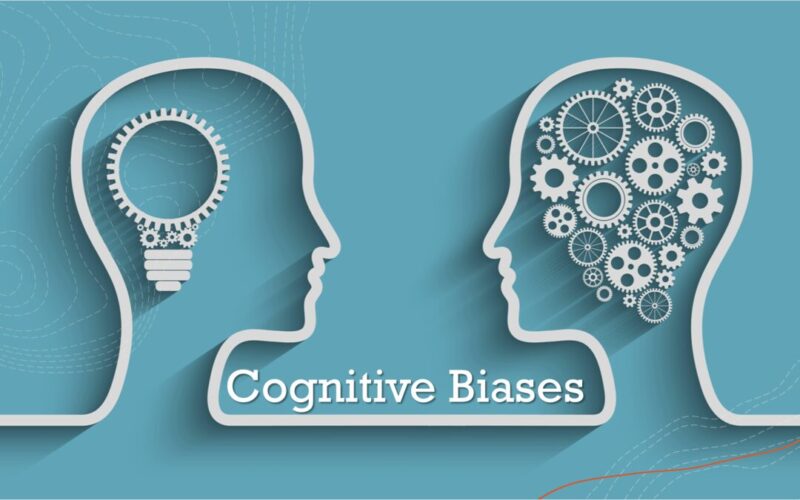Gambling, with its allure of excitement and potential rewards, can evoke a myriad of emotions in individuals. However, beneath the surface lies the influence of cognitive biases that can have a significant impact on the emotional experience of gamblers.
These biases, stemming from the way our brains process information and make decisions, can lead to irrational behaviors and distorted perceptions of risk and reward. In this article, we delve into the emotional implications of cognitive biases in gambling, exploring how these mental shortcuts can shape our reactions and decision-making processes in the high-stakes world of betting and wagering.
1. Introduction to Cognitive Biases in Gambling
In the exhilarating world of gambling, our minds can often be influenced by cognitive biases that impact our decision-making and emotions. These biases can lead us to make irrational choices based on distorted perceptions and beliefs, ultimately affecting our gambling experiences.
From the gambler’s fallacy to the illusion of control, cognitive biases can lure us into a false sense of confidence or hope, causing us to overlook critical information and make risky bets. Understanding the role of cognitive biases in gambling is crucial for recognizing and mitigating their effects on our behavior and well-being.
This article delves into the emotional impact of cognitive biases in gambling, shedding light on how these psychological tendencies can sway our decisions and outcomes.

2. The Link Between Cognitive Biases and Emotional Responses
The link between cognitive biases and emotional responses is a complex and intertwined relationship that greatly influences an individual’s behavior, especially in the context of gambling. Cognitive biases, or mental shortcuts that our brains use to process information and make decisions, can heavily impact how we perceive and react to situations.
When these biases come into play during gambling activities, such as the gambler’s fallacy or confirmation bias, they can lead to distorted thinking and heightened emotional responses. For example, a gambler experiencing a loss may fall victim to the sunk cost fallacy, where they continue to invest more money in an attempt to recoup their losses, driven by emotions of frustration or desperation.
These cognitive biases can create a vicious cycle of irrational decision-making and negative emotions, ultimately impacting the individual’s overall well-being. Understanding the relationship between cognitive biases and emotional responses is crucial in addressing problematic gambling behaviors and promoting healthier decision-making processes.

3. Impact of Cognitive Biases on Decision Making in Gambling
The impact of cognitive biases on decision-making in gambling cannot be understated, as these biases can significantly influence the choices individuals make in high-risk situations. Casino environments are designed to trigger specific cognitive biases, such as the gamblers fallacy or the illusion of control, which can lead to irrational decision-making and ultimately result in financial losses.
Understanding how cognitive biases operate in the context of gambling is essential for developing strategies to mitigate their effects and promote responsible gambling behavior. By recognizing and addressing these biases, individuals can make more informed decisions and improve their overall gambling experience.

Conclusion
In conclusion, cognitive biases play a significant role in shaping the emotional impact of gambling behavior. These biases can lead individuals to make irrational decisions, causing them to overlook the risks involved and become more vulnerable to experiencing losses.
By understanding these cognitive biases and learning to recognize them in their own gambling habits, individuals can take steps to mitigate their impact and make more rational choices. Being aware of biases such as the availability heuristic, overconfidence bias, and confirmation bias can help individuals approach gambling more thoughtfully and responsibly.
By doing so, they can prevent themselves from falling into patterns of harmful behavior, ultimately promoting healthier and more enjoyable gambling experiences. Remember that gambling should be seen as a form of entertainment and not as a means to make money.
It is essential to gamble responsibly and seek help if the need arises. The emotional rollercoaster of gambling can be better navigated when individuals are aware of and address their cognitive biases.
For more information visit 4d.


